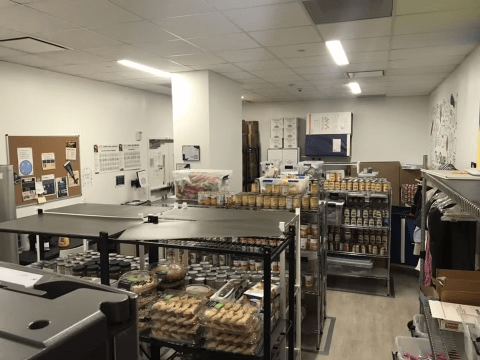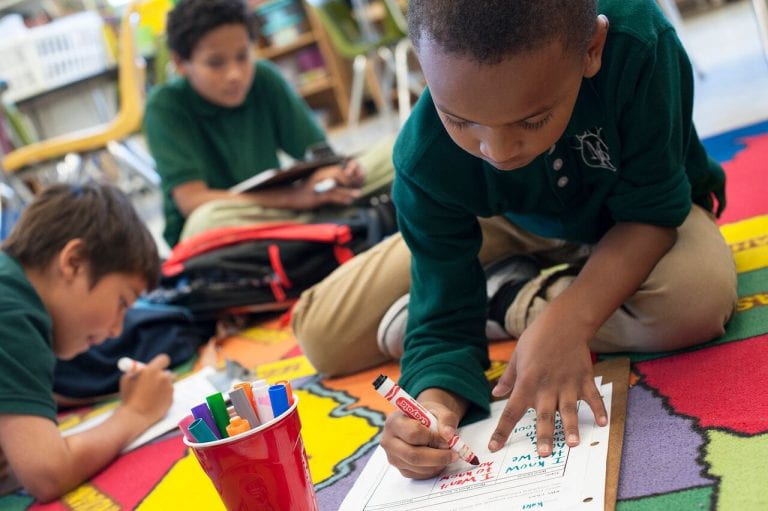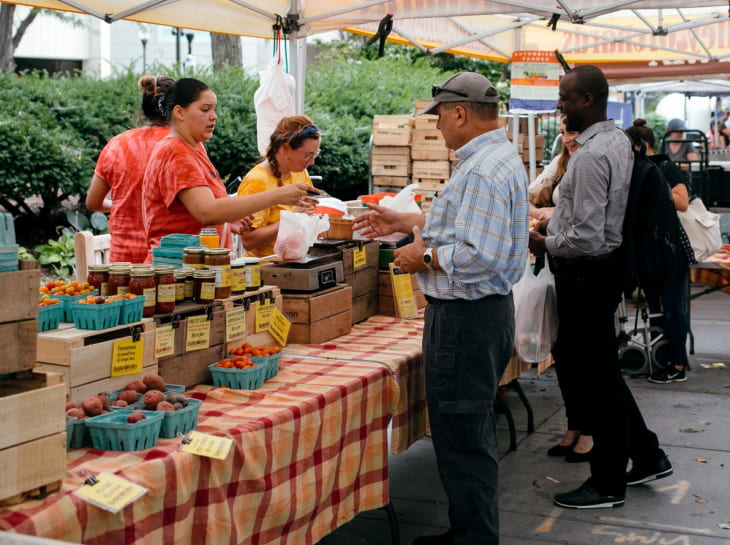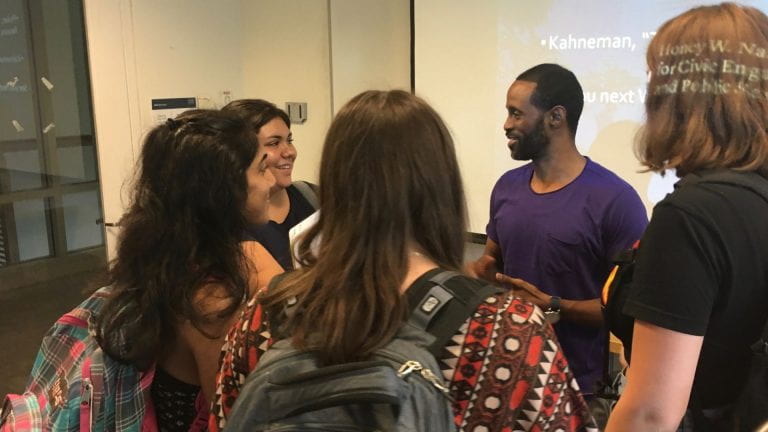"Principles of Ethical Leadership" by Prof. Wendy Wagner uses the “case-in-point” approach to leadership development. Rather than studying leadership through hypothetical case studies, a team-based community engagement project IS the case. Students examine their own group dynamics and their own roles as the project unfolds throughout the semester. Students build their own leadership skills by examining information and research, and then learning to apply that to their own thinking and behavior in the community project.
The class emphasizes the responsibility leaders have to collaborate effectively in diverse groups, create a common vision based on shared values, and facilitate group dynamics both inclusive and empowering. Students are challenged to analyze their own biases, assumptions and understand the context of social issues. ...continue reading "HSSJ 2200: Principles of Ethical Leadership"

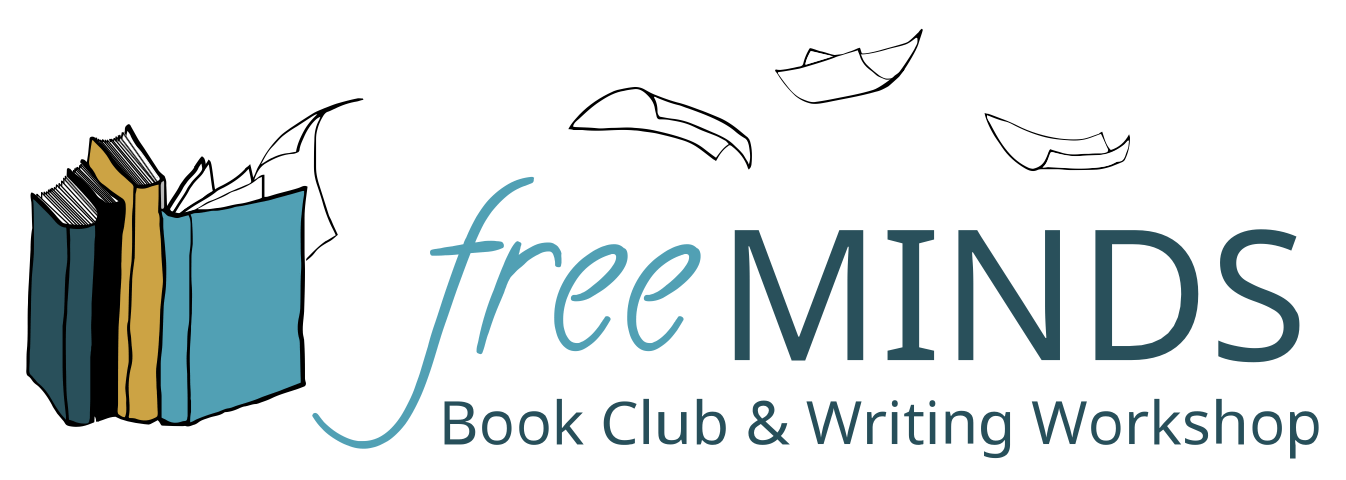
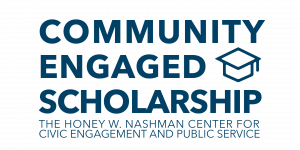
 Tara Scully’s BISC 1008 course teaches students about the evolution of life on earth; the value of other organisms, their role in our world, and how humans can cause harm to this infrastructure. Serving in the local community in a variety of ways, students learn about D.C. and regional ecological issues, such as agricultural challenges related to other organisms, the role oysters play in cleaning the Cheseapeake Bay, or the impact of pollution on the local watershed.
Tara Scully’s BISC 1008 course teaches students about the evolution of life on earth; the value of other organisms, their role in our world, and how humans can cause harm to this infrastructure. Serving in the local community in a variety of ways, students learn about D.C. and regional ecological issues, such as agricultural challenges related to other organisms, the role oysters play in cleaning the Cheseapeake Bay, or the impact of pollution on the local watershed.